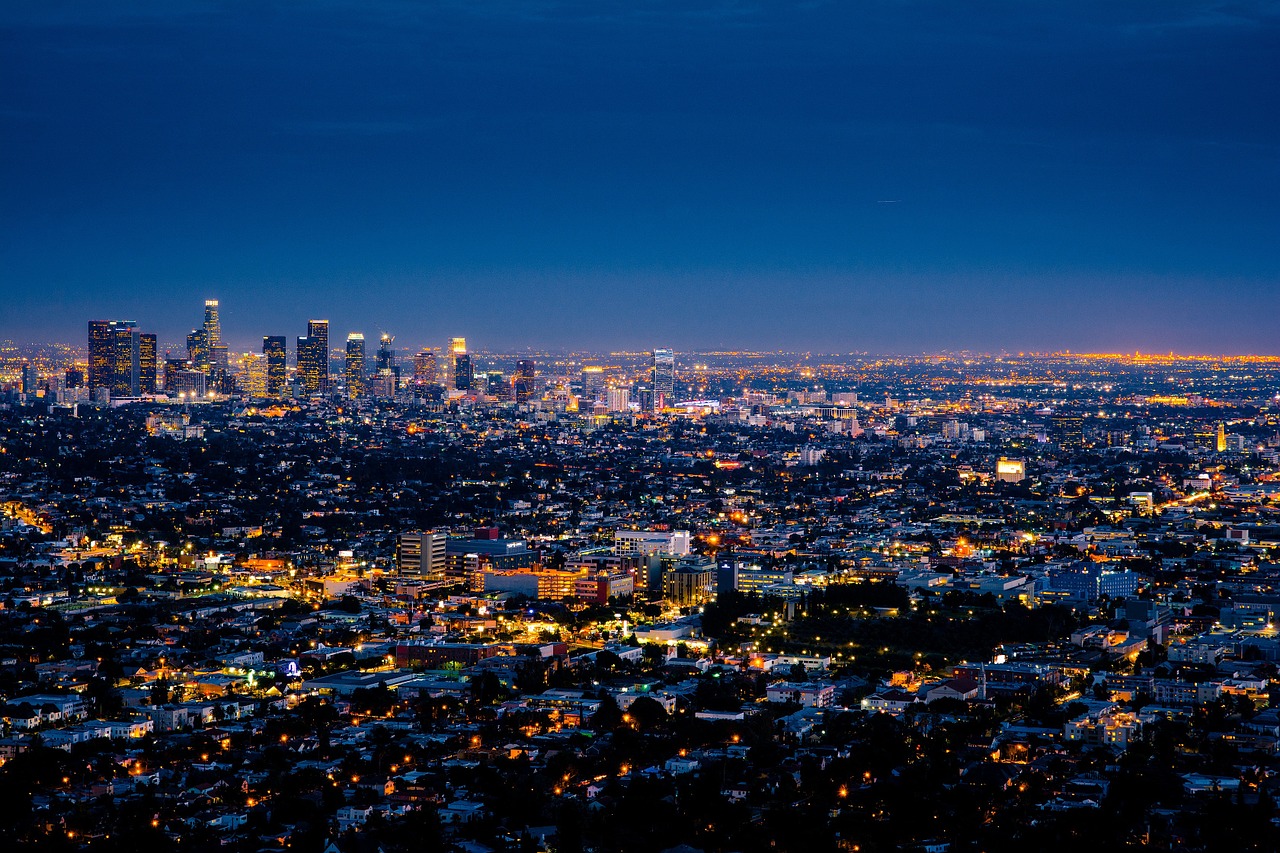By Josh Stephens.
A tired trope in Los Angeles contends that the city was never planned. The houses, boulevards and freeways just grew spontaneously out of 20th-century exuberance. Of course, that’s not the case. Many an earnest planner has tried to forge functionality out of the sprawl, with varying results.
A proposition on the March 7 citywide ballot seeks to tame Los Angeles once and for all. While it addresses urban planning and takes place in a defiantly liberal city, the battle over Measure S – also known as the “Neighborhood Integrity Initiative” – nonetheless echoes many of the frustrations and fears that sent Donald Trump to the White House and ejected the United Kingdom from the European Union.
To the consternation of Los Angeles’ urban planning and development communities, Measure S would impose what they see as undue constraints on the city’s planning process. Billed as a way to curb “overdevelopment,” it packs in 11 pages of arcane reforms and regulations that voters will distill into a simple, momentary “yes” or “no” vote next month.
Among its provisions, Measure S would impose a two-year moratorium on essentially all developments that do not conform to the city’s existing zoning. It would force the city to update its 36 community plans in a timely manner, and it would forbid general plan amendments on land zoned for industrial uses. It weighs in on parking requirements, affordable housing and environmental analyses too.
Nearly everyone in the Los Angeles land use community acknowledges that the city’s community plans and accompanying zoning codes are woefully out of date — on the order of decades in some cases. Rather than update the plans wholesale (usually citing lack of funds), the city often resorts to general plan amendments to accommodate individual developments that are nonconforming yet considered appropriate.
Measure S backers maintain that these piecemeal approvals, which they deride as “spot zoning,” and a “broken” long-range planning process, result in lousy developments and invite borderline corruption. They say that developers wheel and deal, and often make strategic donations to city council members, in order to gain approvals. They cite “megadevelopments” in Hollywood and the “Manhattanization” of Los Angeles as reasons to vote yes on the proposition.
[divider] [/divider]





